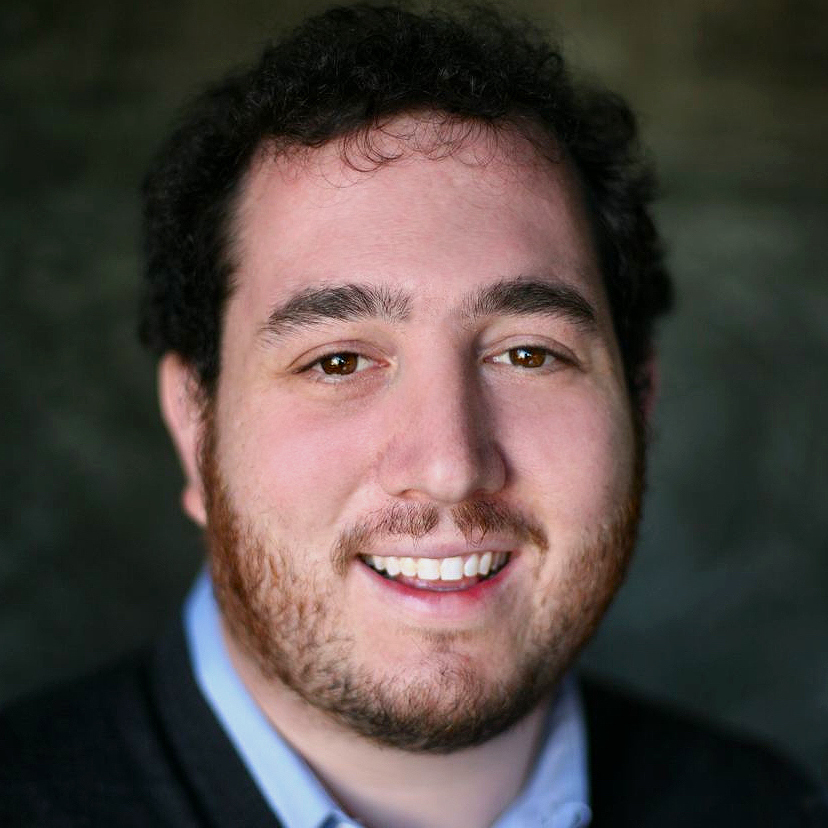
One of the stylistic features of biblical Hebrew is that it often repeats key verbs in order to emphasize their importance. Traditional commentators, who operate from a paradigm in which not a single word in the Torah is devoid of the possibility of meaning, find intimations of profound insight in many of these seemingly unnecessary repetitions.
One such repetitious, and somewhat awkward, construction comes in the first verse of Deuteronomy 28: “It will be that if a listening you will listen [sham’oah tishma] to the voice of Adonai your God …” Here we find two conjugations of the Hebrew verb shema, which translates as either “hear” or “listen,” perhaps yielding a more accurate translation of “if you will hear, and truly listen, to the voice …”
The “Sefat Emet,” a Chasidic commentary composed in the late 19th century by Rabbi Yehuda Leib Alter of Ger, suggests that the dual use of the verb underlines the difference between hearing and listening. He writes:
“The living soul constantly hears the voice of Torah, but this is hidden from us. This is why the verse says: ‘hear, listen’ — listen to that which you already are hearing.” (“Sefat Emet,” Ki Tavo No. 2, as translated by Rabbi Arthur Green)
Hearing is an involuntary act. Unless we have lost our hearing to physical illness or injury, or jam our fingers in our ears quite tightly, we are constantly taking in the sounds of the world around us. We may avert our gaze and choose not to look, we can close our lips and choose not to taste, we can cross our arms and choose not to touch, but we cannot choose not to hear.
However, we can, and often do, choose not to listen to that which we hear. Indeed, whether because of distraction, antipathy or indifference, we have a phenomenal capacity to shut our minds and hearts to the sounds that pour in unbidden through our ears.
We are inundated with heartbreaking news of the state of the world — stories of violence and disaster, stories of hate and mendacity — and our capacity to temporarily block the link between our ears and our hearts sometimes feels like an act of self-preservation. Yet, the long-term consequences of this overuse of the internal mute button creates the conditions where evil can most easily flourish.
Our capacity to hear without listening is not limited to news shared by and about people we do not know; in fact, we all have been guilty of granting a similar lack of attention to the people who are closest to us in the world. Who hasn’t found themselves responding to the words of a partner or child with a cursory set of “uh-huhs,” which indicate that their words are skipping like stones off the surface of our consciousness? In our distraction, we miss urgent subtexts, pleas for attention and for care that are submerged in the endless stream of words that come our way from the people who most need our attention.
And, finally, and perhaps most common of all: We silence our inner voice — our hopes and longings, our pangs of conscience and our insights of what’s possible — going about our daily business disconnected even from ourselves. While there certainly are moments in the Bible when God speaks with a booming voice from the heavens, the Holy One also is depicted as speaking in a kol demama dakka, a still small voice, that is easily overlooked. When Deuteronomy instructs us to listen carefully, it does so because it is possible to miss even something as significant as the voice of God if we are not paying sufficient attention.
Our tradition teaches that every morning and every evening, and once more before going to sleep at night, we are to recite another paragraph of biblical text that begins with the word “shema.” In doing so, we remind ourselves again and again that while hearing is a biological act, listening is a sacred act. It requires more of us than simply our ears; equally important are our minds and hearts. Redemption, both social and personal, waits on the other side of our capacity to unite all three — to not just hear but to truly listen.
RABBI ADAM GREENWALD is director of the Miller Introduction to Judaism Program at American Jewish University and a lecturer at the Ziegler School of Rabbinic Studies.























 More news and opinions than at a Shabbat dinner, right in your inbox.
More news and opinions than at a Shabbat dinner, right in your inbox.